|
Cool Science Fact of the Day: Ruby-throated hummingbirds spend the winter in Mexico and Central America. To get there from North American, some birds fly nonstop across the Gulf of Mexico. The journey is 525 miles and takes around 20 hours! Hello everyone! If you have not read The Alchemist by Paulo Coelho, I urge you to cancel plans with your hot date tonight (date night with Netflix included) and run to your local bookstore immediately. I can tell you with complete sincerity that this book has had a tremendous positive influence on the way I perceive and interpret the world. So I want to begin this blog with a quote… “There is only one way to learn. It's through action. Everything you need to know you have learned through your journey.” ― Paulo Coelho, The Alchemist Now my journey began when I was a wee little girl going fishing and hiking with my dad in a small rural town outside of Philadelphia. This childhood love for the outdoors spurred my interest in environmental science. As I matured and learned more about the Earth’s interconnected systems this interest in the environment transformed into a desire to understand how we, as humans, are impacting the world around us. "The human pressure on the Earth System has reached a scale where abrupt global environmental change can no longer be excluded. To continue to live and operate safely, humanity has to stay away from critical 'hard-wired' thresholds in the Earth's environment, and respect the nature of the planet's climatic, geophysical, atmospheric and ecological processes," says lead author Johan Rockstrom, director of Stockholm Resilience Centre. ***According to the Guardian, Earth is the home of approximately 8.7 million species** Now it is easy to forget that we are just one of the 8.7 million species on Earth. We are a part of an interconnected and dynamic system that scientists are still working to understand. Now a system can be referred to as any assemblage or combination of interacting components that form a complex whole, driven by the flow of matter and energy. And every system has its limits. I don’t know about you, but I don’t want to have a lasting negative impact on the world. I want this world to exist in balance for generations to come, for my future children and their children after them. So what are the limits to the Earth’s system and how can we ensure that we don’t exceed them? Thankfully I was not left to answer this question on my own. The Stockholm Resilience Center has conducted research on the Earth’s boundaries. The article linked above provides some great insights about humans’ impact on the Earth.
The hard truth is that we are on our way to exceeding the limits of our planet. According to this centre, humanity has already exceeded the earth’s limits for biodiversity loss and the nitrogen cycle. The research also shows that we are on our way to crossing the “safe operating space” regarding climate change. Once a boundary threshold is crossed, the damage could be irreversible. This is the motivation behind my journey. I will do everything I can to ensure that we do not pass this climate change threshold. I want to find out how we can live more sustainably and limit our negative impact on the environment. While attending the University of Pittsburgh I traveled to Yellowstone National Park for a field studies course. It was there that I developed my interest in protecting vulnerable environments. After learning that energy has a huge influence on climate change I traveled to Brazil through a program titled “Engineering for a Better Environment.” I learned about renewable energy in Brazil and discovered that I didn’t understand enough about the energy landscape in the United States. To accomplish this, I interned with BP as a Health Safety Security and the Environment Intern. My internship with BP had a huge positive influence on my decision to attend graduate school in order to learn as much as possible about the energy industry. Now I attend Duke University’s Nicholas School for the Environment where I am pursuing a Masters in Environmental Management concentrating in Energy and the Environment. Now I want to understand more about climate policy. I hope that COP 20 will provide a great foundation for a binding international agreement to reduce GHG emissions next year in Paris 2015. As stated in the quote above, there is only one way to learn and that is through action. This is why I am honored to be representing the American Chemical Society at COP 20. I am excited to share my journey with you! I am very interested in learning about · The relationship between population stabilization and energy use · Possibility of sustainable economic development · The relationship between national security and climate change Stay tuned! And remember... When we strive to become better than we are, everything around us becomes better too.” ― Paulo Coelho, The Alchemist
0 Comments
Leave a Reply. |
Categories
All
Archives
March 2024
|
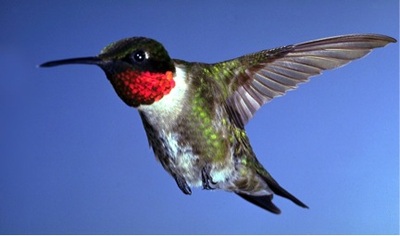
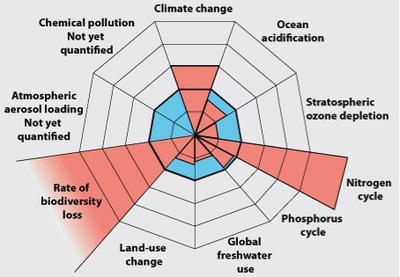
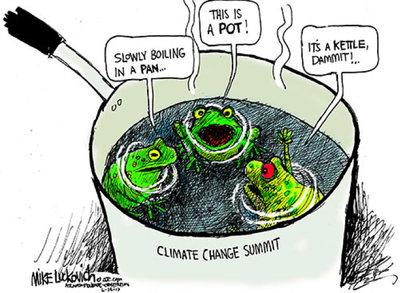
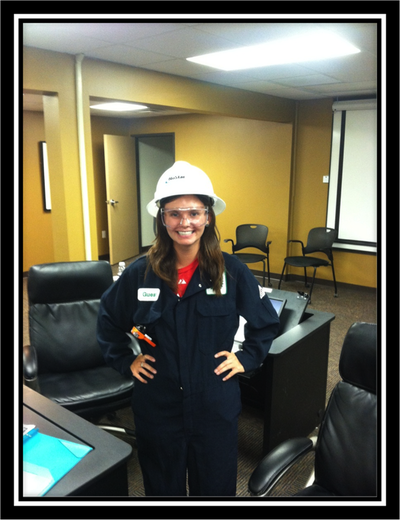
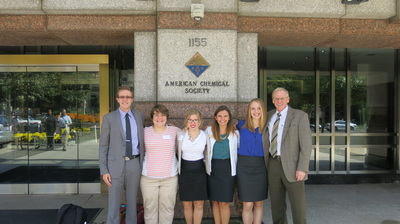
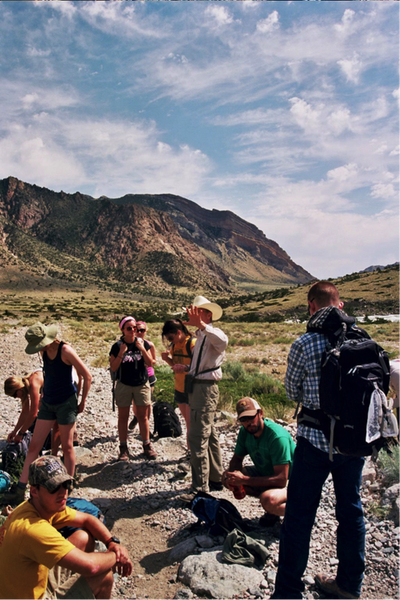
 RSS Feed
RSS Feed
